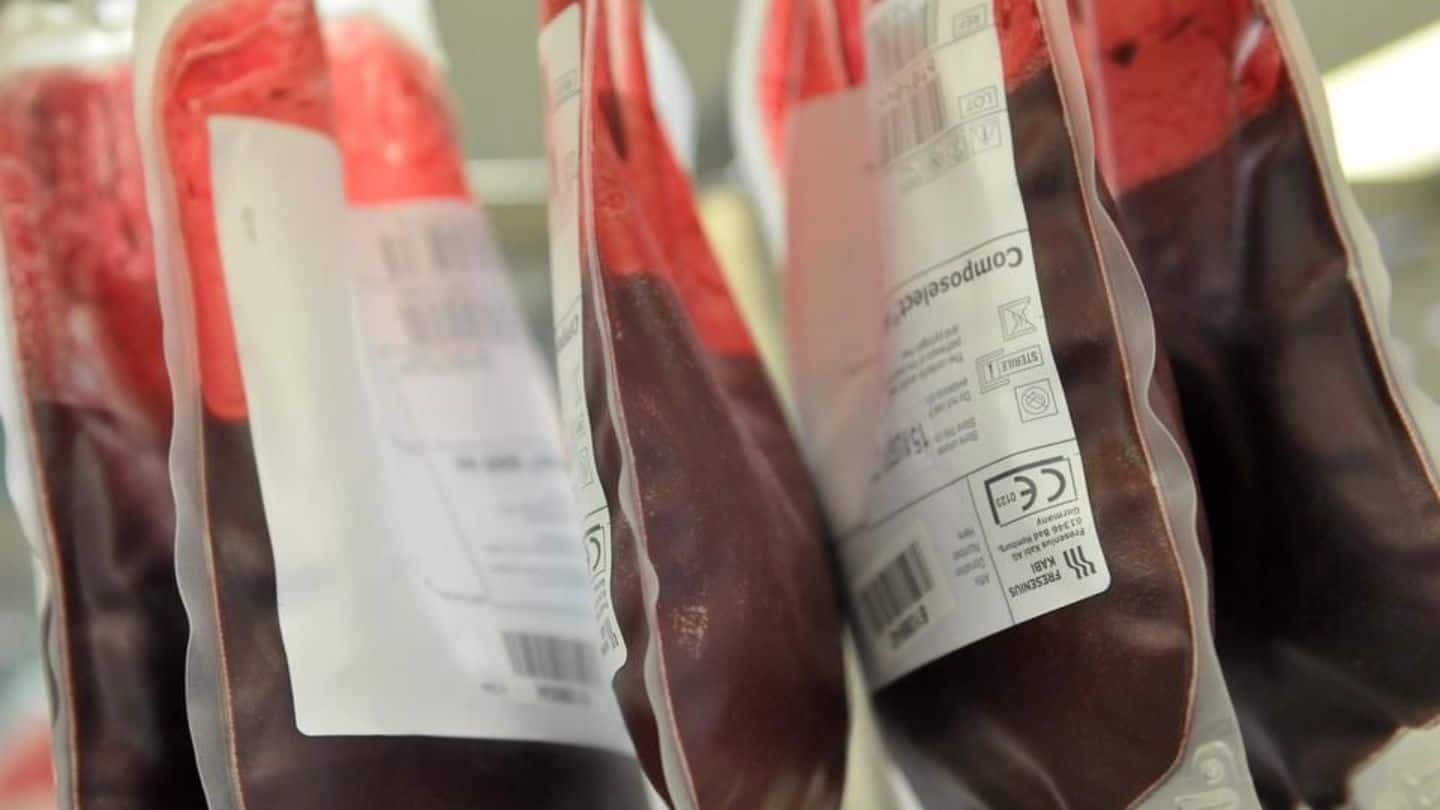
Know all about 'golden blood,' the rarest blood type
What's the story
We all know people who have variations of blood types A, B and O. But have you ever come across someone who has golden blood? Most likely not. Because only 43 people in the world have been discovered with this blood type in the last 57 years, making it the rarest of all.
Read on to know all about what makes it so valuable.
Details
What is golden blood?
The surface of blood cells is coated with up to 342 antigens whose combination determines a person's blood type.
In 1961, a new type, that lacked all 61 antigens in the Rh system, was discovered. It was named Rh-null. 43 people have had it, but currently there are only nine active donors, making it the world's most precious blood type (hence the name golden).
Challenges
Making Rh-null blood donations is not easy
People with Rh-null blood can be universal donors but because of its rarity, it can get extremely difficult for them, should they need it.
Besides, donating the golden blood across borders isn't easy. The process is often hampered by bureaucracy. Some countries just don't allow it. Those who do, don't pay the donors for travel, forcing them to do it at their own expense.
Complications
People with Rh-null blood type lead regular lives
There are no side-effects or health complications of having Rh-null blood type. Though such people can be mildly anemic, they can lead regular lives.
However, because of the rarity of their blood, they need to be extra careful. They can't be reckless with activities than can cause injuries and result in blood loss. They also need to be more mindful than others when travelling.
Other instances
The Bombay blood type is one of the rarest too
Though not as precious as golden blood, the Bombay blood type is also considered one of the rarest.
Found in less than 0.0004% of the world population, it was discovered in Mumbai in 1952. The presence of antigen H makes it different.
People with it can receive blood only from their own group but can donate to blood types within the ABO phenotype realm.